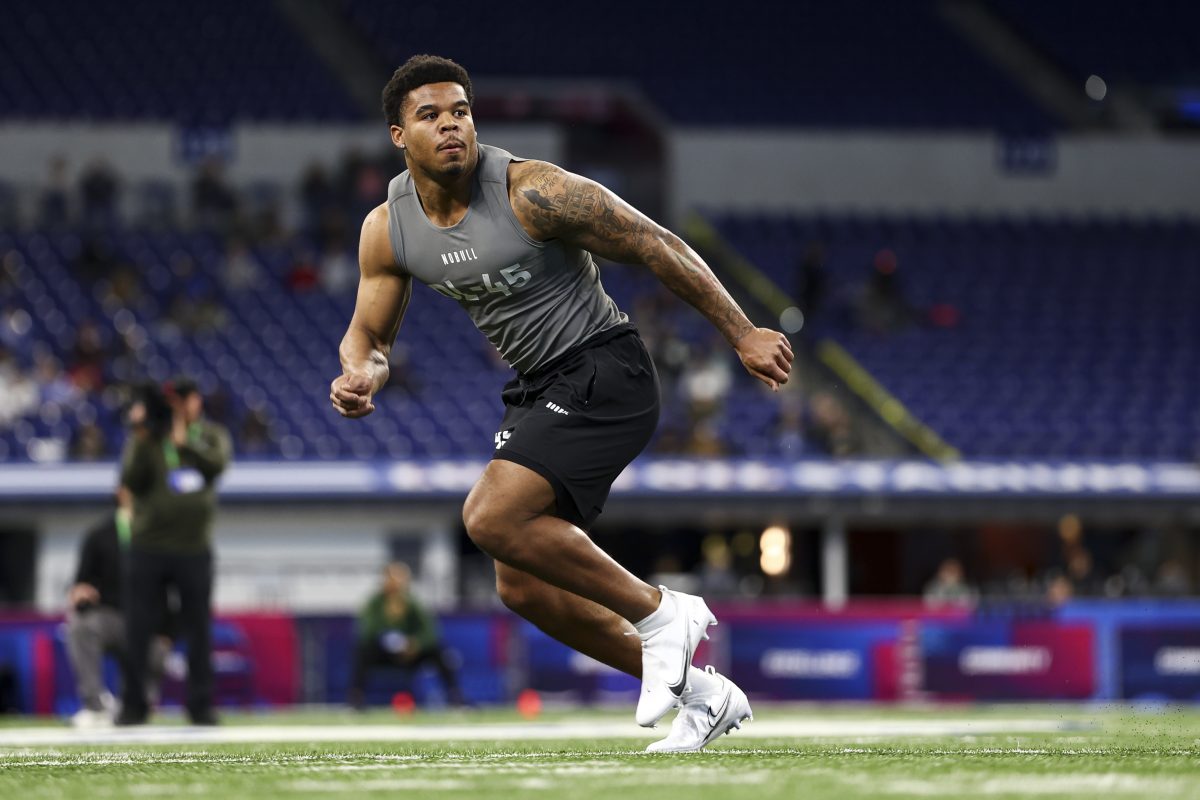Suing a school employee -- even one who failed to call a Code Red that might have changed the course of the darkest day in Broward County history -- is not easy.
Employees have immunity from even gross negligence.
But if a lawsuit reasonably alleges the employee acted in bad faith, with malice or exhibited a willful disregard for human safety, Florida allows the case to move forward toward what could ultimately be a trial.
And that is what a Broward County circuit judge allowed in a wrongful death lawsuit filed against Andrew Medina, a Marjory Stoneman Douglas monitor who saw a former student walk, then run, toward a building where 17 would soon die on Feb. 14, 2018.
Medina's attorney Tuesday told a panel of the 4th District Court of Appeal in West Palm Beach that order should be overturned.
Medina could not have known the person he saw coming onto campus was about to be a mass murderer, his attorney, David Henry argued, noting Medina did follow the 18-year-old former student for a while before radioing a warning to a fellow coach and monitor in the 1200 Building.
"A reasonable person does not go unarmed to follow a person who they believe is with a gun and about to go shoot up a school," Henry said.
Local
But attorneys for Andrew Pollack, whose daughter Meadow was killed in the attack, said the lawsuit's allegations are sufficient to withstand the motion to dismiss filed by Medina and denied by the trial judge.
"He knew (the killer) was going to shoot up the school," attorney David Brill countered. "He already knew when the shooter started running that he was going to do it" but Medina did not call a Code Red, which the suit says would have led to a shutdown of the entire campus and, perhaps, saved lives.
Medina later said he "did not want to be 'that guy,'" someone who called a false alarm, Brill said.
"If you see somebody running at that school, carrying a black bag, whether you know who it is or not, making a beeline to the school, you shut it down," argued Brill's co-counsel Joel Perwin.
After the shooting, Medina told investigators he recognized the man as a troubled, expelled former student, though he did not immediately recall his name.
"We had a meeting about him last year and we said if there's going to be anybody who's going to come to this school and shoot this school up, it's going to be that kid," Medina told police five hours after the shooting.
The opinion of the appeal court is important to more than just Pollacks' case.
Once it becomes final, it will be binding on similar claims made against Medina in other wrongful death cases brought against him, along with other defendants.
The appeals court typically takes a few weeks after oral arguments to issue opinions.



